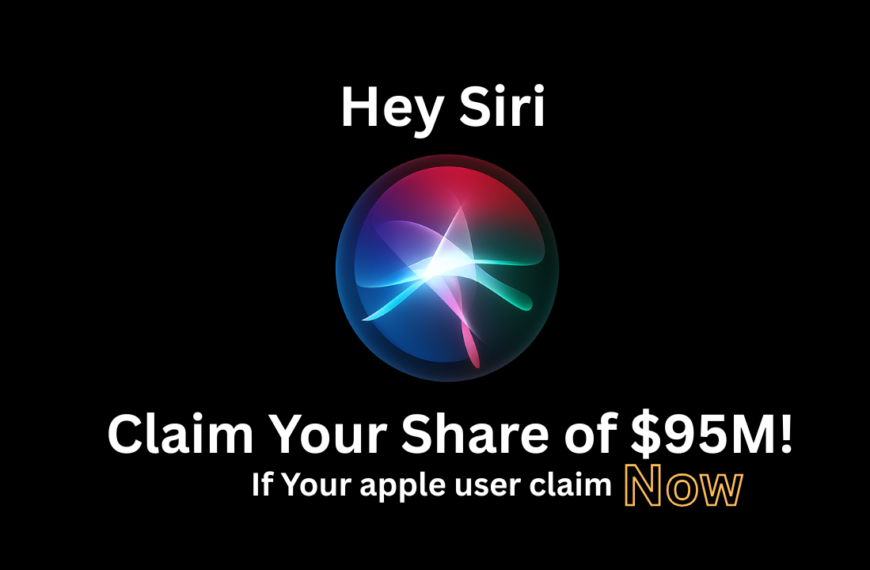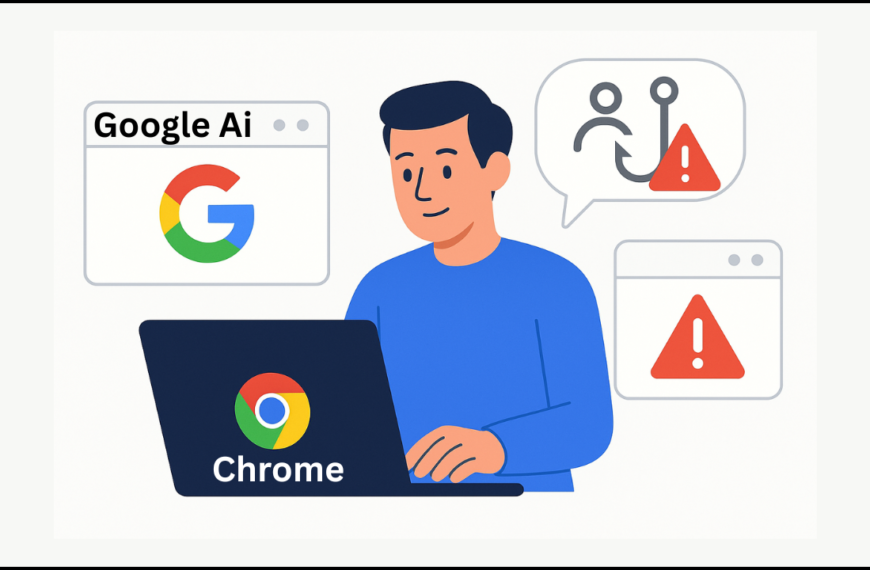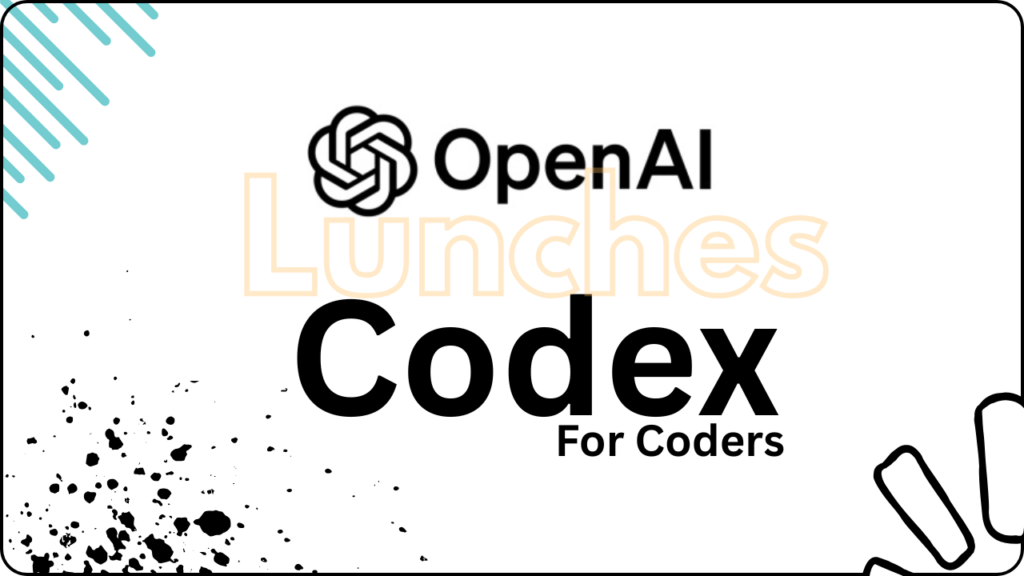
OpenAI, the trailblazer behind ChatGPT, is now setting its sights on reshaping the software engineering landscape with the introduction of its new AI coding agent, Codex. Announced on May 16, 2025, this move marks OpenAI’s aggressive expansion into one of AI’s most competitive and transformative sectors software development.
But what exactly is Codex? And why is it poised to change how developers code, debug, and ship software? Let’s dive deep into the features, implications, and competitive dynamics of OpenAI’s latest innovation.
What Is OpenAI Codex?
Codex is more than just another code-completion tool. Unlike AI models that assist developers in real-time as they type, Codex operates autonomously in the cloud. It can handle entire software engineering workflows—including writing code, debugging, running tests, conducting code reviews, and even answering technical queries about specific codebases.
Built on OpenAI’s codex-1 model, which leverages the cutting-edge o3 reasoning framework, Codex is purpose-trained for software engineering tasks. OpenAI claims that this model shows superior capabilities in reasoning, code understanding, and adaptation to an organization’s unique coding patterns.
Key Features of OpenAI Codex
- Multi-Tasking Capabilities: Codex can simultaneously handle tasks like code generation, bug fixing, documentation generation, and test writing—reducing the need for developers to switch between multiple tools.
- Cloud-Based Agent Model: Unlike conventional co-pilots that require human input at every step, Codex works asynchronously in the cloud. Developers can delegate tasks and receive refined outputs within 1 to 30 minutes, freeing up their time for higher-level design and problem-solving.
- Organizational Code Style Adaptation: Codex is trained to infer and mirror an organization’s internal code conventions, ensuring consistency across codebases without manual intervention.
- Advanced Code Reviews: The AI agent offers contextual code reviews that go beyond static analysis tools, identifying architectural flaws, logic gaps, and even potential scalability issues.
Codex vs. Competitors: Can OpenAI Win the AI Coding Race?
Despite its dominance in consumer chatbots, OpenAI faces stiff competition in the AI coding arena. Anthropic’s Sonnet models have become the preferred choice among many developers, thanks to their versatility and stability across various coding tasks.
Wayne Chi and Valerie Chen, researchers at Carnegie Mellon University, note that while no clear winner has emerged, Sonnet models currently enjoy a stronger foothold among developers. However, with the release of Codex, the landscape might shift, given its autonomous agent approach, which few tools currently offer.
OpenAI’s GPT-4.1 model has already been recognized as one of the top performers in non-reasoning coding benchmarks, and with Codex, the company aims to bridge the gap between human-like reasoning and real-world software engineering automation.
Industry Impact: A New Era of Developer Productivity?
Srinivas Narayanan, VP of Engineering at OpenAI, describes Codex as “a fundamentally new way of working.” Unlike current AI tools that act as passive assistants, Codex positions itself as an active agent, capable of taking ownership of tasks and delivering complete solutions.
This could significantly impact:
- Enterprise software teams looking to speed up delivery cycles.
- Startups aiming to reduce engineering costs.
- Developers seeking to offload repetitive tasks to focus on innovation.
Moreover, OpenAI is rumored to be in talks to acquire AI coding startup Windsurf for $3 billion, signaling its commitment to consolidating its position in the AI coding market.
Early Access and Availability
Codex is currently available as a research preview for ChatGPT Pro, Team, and Enterprise users, with OpenAI collecting user feedback to fine-tune the tool for broader release. The company emphasizes its gradual introduction strategy, prioritizing responsible deployment and user education.
Challenges & Considerations
Despite its promise, Codex raises important questions:
- Accuracy and Trust: Can developers fully trust an AI agent working autonomously in the background?
- Security Risks: How will sensitive codebases be protected when integrating Codex?
- Human-AI Collaboration: Will developers embrace this hands-off model, or will it face resistance from those who prefer more control?
OpenAI acknowledges that it’s still early days, with Narayanan admitting, “We’re going to have to learn a lot.“
Conclusion: Codex and the Future of AI in Software Engineering
With Codex, OpenAI is taking a bold step toward automating entire software engineering lifecycles, potentially reshaping how software is built, tested, and maintained. If successful, Codex could be a game-changer, not just for developers, but for businesses aiming to harness the full power of AI in product development.
However, the AI coding race is far from over, and OpenAI will need to prove that Codex can deliver on its promises while ensuring security, transparency, and developer trust.
For now, Codex stands as a promising glimpse into the future of autonomous coding agents, a future where AI doesn’t just assist developers but actively works alongside them in the cloud.
Frequently Asked Questions
Q1: What makes Codex different from ChatGPT’s existing code features?
Codex operates as an autonomous agent in the cloud, handling complex multi-step tasks without requiring constant user prompts, unlike ChatGPT’s interactive code suggestions.
Q2: Will Codex replace human developers?
No, Codex is designed to augment developer productivity, automating repetitive or time-consuming tasks, while developers focus on creative problem-solving and design.
Q3: How can I access Codex?
Codex is available to ChatGPT Pro, Team, and Enterprise users under a research preview program. OpenAI is currently collecting feedback for broader rollout.




